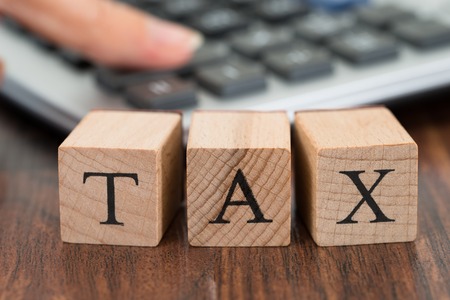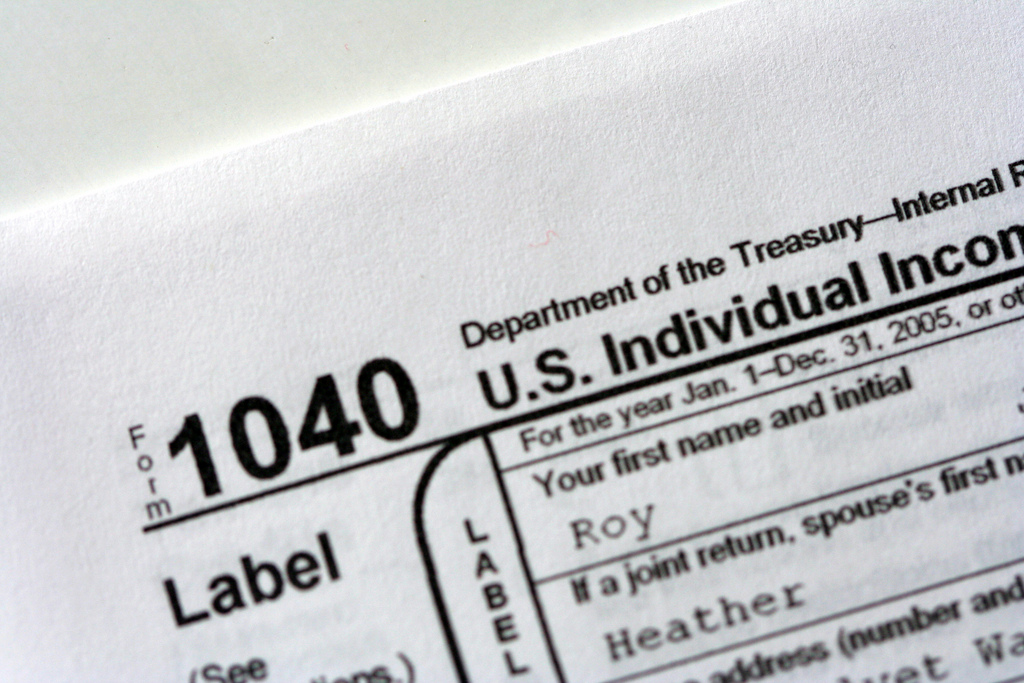
For the most part, Pell Grants are 100% free to use. They help to pay for college expenses when a student displays financial need. However, in some rare instances, Pell Grants may be considered taxable income. This guide will explain when Pell Grants are and are not taxable so you can properly file your taxes.
When Pell Grants Are Considered Tax-Free
In order for your Pell Grant to be tax free, you must enroll in a college or university as a degree candidate. This is also true for trade school students, as long as they are in a training program pointed towards a specific career. You probably would not have been approved for the grant if you did not meet this criterion. As a secondary requirement though, you must use your Pell Grant for “qualified education expenses.”
What Are Qualified Education Expenses?
Qualified education expenses are tuition, fees, books, and school supplies required for a course of study. The main exemption is room and board expenses. If you use your scholarship or grant money to cover housing, that would not be a qualified expense.
Win more scholarships with less effort
Simplify and focus your application process with the one-stop platform for vetted scholarships.
Check for scholarships
It’s important to note that only required books and supplies are considered “qualified.” For instance, if you have two required textbooks for a class and three recommended ones, you could only count the two required ones. You can still use your financial aid to buy the recommended books. You will just need to report that on your taxes.
The same rule applies for school supplies. If you are required to buy a desktop easel for art, that counts. If the professor recommends a specific set of brushes for class, that does not count. Be aware of this distinction as you buy your supplies for the semester.
When Pell Grants Are Considered Taxable
Any Pell Grant or scholarship money that is not used for a qualified education expense is considered taxable. The best way to understand this is through an example. Let’s say you earn a maximum Pell Grant of $5,920. You attend a local community college, so your tuition is only $4,000 for the year. If you spend $1,000 on books, you still have $920 for recommended supplies or housing. That $920 would be taxable.

Are Scholarships Taxable?
Scholarships follow the same rules as Pell Grants. Scholarship money not used for a qualified education expense is taxable. If you earn enough scholarship money to match your cost of attendance, you will most likely have some leftover. There is nothing wrong with using this money for housing, food and necessary expenses. Just make sure you report it as needed.
See Are Scholarships Taxable? to learn more.
Using Education Tax Credits to Cover Unqualified Expenses
Just because you have unqualified expenses doesn’t mean you have to pay taxes on them. There are tax credits and deductions available to offset the funds. The most popular one is the American Opportunity Tax Credit. This is a $2,500 tax credit per student per year. It is available for four years of undergraduate education. You must have a modified adjusted gross income of $80,000 or less if filing single and $160,000 if filing joint.
You may also qualify for the Lifetime Learning Credit. This provides $2,000 per tax return (not per student). It can be used for graduate, undergraduate and professional studies. Income limits are $55,000 for individuals and $110,000 for married filing joint.
The IRS has a free tool you can use to determine if you are eligible for education credits. The tool will also determine if you qualify for tax deductions for tuition or fees. Beyond that, you should receive a tax deduction for student loan interest paid while you’re in college. Check out the 1098-E Tax Form to learn more.

How to Report Taxable Pell Grants and Scholarships
For tax purposes, all of your financial aid is lumped together. You will not have to file separately for each scholarship, grant and student loan. Simply add up the financial aid you received and subtract your qualified education expenses. The amount leftover is what you have to report on your taxes.
You may receive a W-2 for your unqualified expenses. If not, you still have to report your taxable financial aid. How you report the income will depend on the tax form you use. Write “SCH” next to the amount on one of the following:
- Form 1040, Line 7
- Form 1040A, Line 7
- Form 1040EZ, Line 1
The line numbers may change in future years, but that is their position for the 2017 tax season. If you work with a professional to file your taxes, they can complete this for you.
Reporting Financial Aid as a Non-Degree Student
If you are a non-degree student, you will need to report the full amount of your scholarship or grant. As such, write “SCH” on Line 1 or 7 as described above, but include all of your financial aid as income.
Will My Parents Have to Pay Taxes on My Pell Grant?
If you are a dependent, your parents may need to report unqualified expenses on their tax returns. Therefore, they will need to follow the same assessments and reporting measures as above. Your parents can use any tax credits or deductions you are eligible for are their taxes. Talk to your parents about this before filing your taxes to determine if you should file as a dependent or independent.


